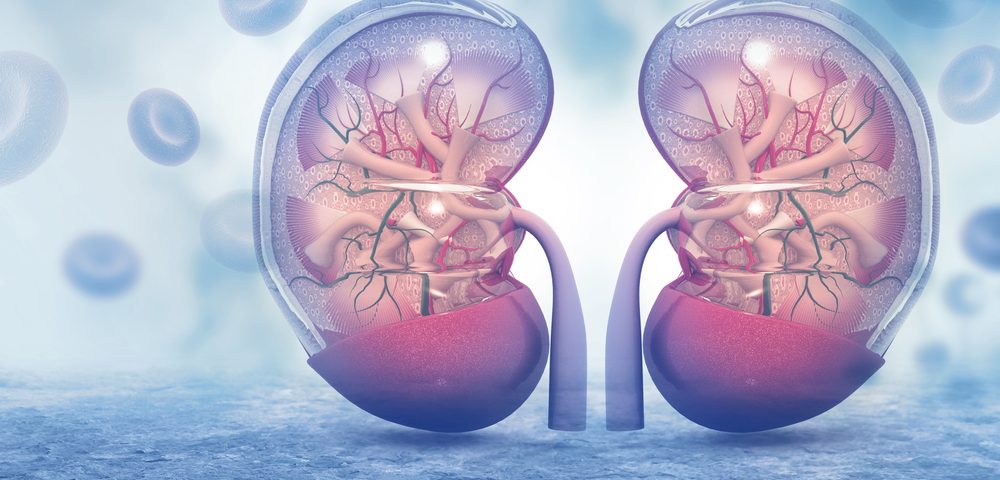Cancer patients who underwent kidney transplants may markedly benefit from the combination of steroids plus the immunosuppressant Rapamune (sirolimus) when immune checkpoint inhibitors are included in their cancer treatment.
While immune checkpoint inhibitors often lead to organ rejection in cancer patients who received an organ transplant, the combination treatment was able to prevent a 70-year-old man receiving Opdivo (nivolumab) for small bowel cancer from rejecting a donor kidney.
The findings were published in a letter to the editor titled “Preserved Renal-Allograft Function and the PD-1 Pathway Inhibitor Nivolumab,” in the New England Journal of Medicine.
Immune checkpoint inhibitors are showing remarkable promise in cancer and are currently approved to treat several tumor types, including melanoma, Hodgkin’s lymphoma, lung cancer, renal cell cancer, and head and neck cancer. But when used in kidney transplant patients, the results have been less successful.
These drugs work by inhibiting signals that prevent the immune cells from being activated and from recognizing the tumor cells, launching a strong immune response against these cells. However, this overactivation of the immune system causes the patient’s body to reject their transplanted kidney.
Now, Kenar D. Jhaveri, MD, and Richard Barnett, MD, Feinstein Institute for Medical Research scientists and Northwell Health Department of Internal Medicine nephrologists, found that kidney transplant patients may benefit from a combination of anti-inflammatory and immunosuppressant drugs when receiving immune checkpoint inhibitors to treat their cancers.
The researchers found this successful combination in a 70-year-old Caucasian men who received a kidney transplant in 2010. The patient had small bowel cancer that had metastasized to the liver, and was given prednisone in combination with Rapamune, an immunosuppressant that has anti-cancer properties, before receiving the anti-PD-1 drug Opdivo.
Importantly, the immunotherapy induced the regression of the patient’s cancer, but no signs of rejection were observed, which suggested this combination could prevent organ rejection in patients receiving immunotherapies. Eight months after receiving the therapy, the patient is still alive and has not experienced any side effects associated with autoimmunity.
“In reviewing this patient’s case, I think we might have found a novel strategy of using preemptive steroids and [Rapamune] to mitigate organ rejection in transplant patients receiving cancer treatment involving PD-1 inhibitors,” Jhaveri, associate chief of the Division of Kidney Diseases and Hypertension at Northwell Health’s Department of Internal Medicine, said in a press release.
“This letter highlights the use of a novel regimen and may give the patients with a kidney transplant and cancer hope of treating the cancer while keeping the kidney and thereby avoiding dialysis,” he wrote.
“Important discoveries begin with a novel observation,” said Kevin J. Tracey, MD, president and CEO of the Feinstein Institute. “I hope that the medical science community now will build on Dr. Jhaveri’s discovery so that patients with cancer who must also undergo a kidney transplant can benefit.”


